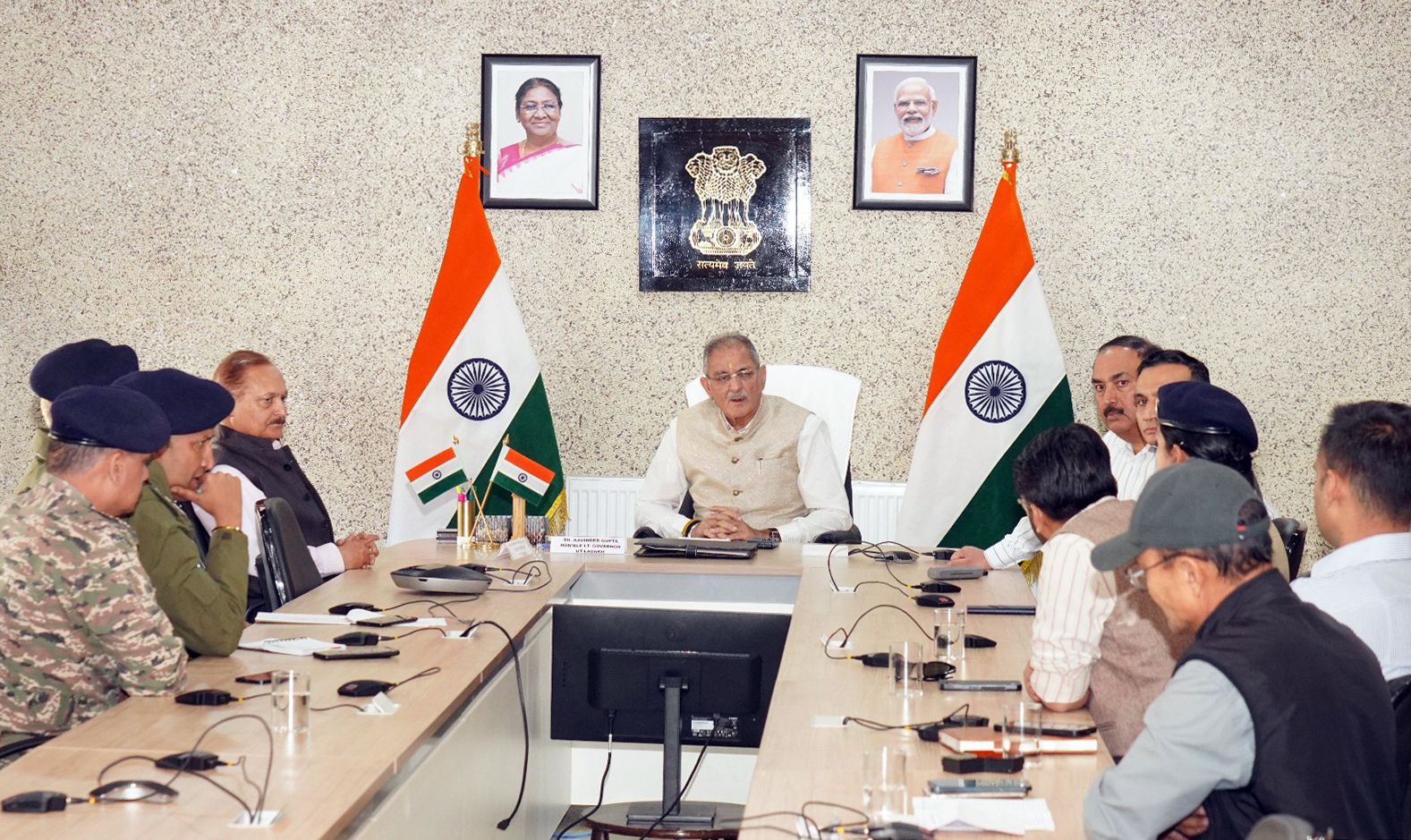The ACU arrangement is one of the few deals being worked out by India to globalize the rupee and make it more acceptable for international trade settlements
Our Bureau
New Delhi/Mumbai
In a major development for international trade, nine central banks linked to a South Asia-focused clearing house have reached a consensus to settle trade in local currencies, including the Indian rupee, to reduce dependence on the US dollar and the euro. All the members of the Asian Clearing Union, which includes all South Asian countries as well as Iran and Myanmar are on board with the plan.
India will likely lead in the settlement of trades in the ACU, which had transactions worth $28.8 billion in 2021, a surge of nearly 55% in a year. India controls nearly 93% of the ACU’s credit positions as of May, making it the most influential member in the group. The arrangement is one of the few deals being worked out by India to globalize the rupee and make it more acceptable for international trade settlements.
The change is part of an emerging global movement to form trade blocs that rely less on the dollar. Under the proposed plan, transactions will be invoiced in local currencies and settled once in two months, said the people who asked not to be identified as the discussions are private. If there is any surplus currency left, India can offer rupees in exchange and accumulate the currency, they said. Currently, dollars, euros and yen are used for settlement.
Meanwhile, in another important move, the Inter-Departmental Group (IDG) constituted by the Reserve Bank of India to examine issues related to the internationalization of the Indian rupee and has come up with a report, where it made various short-term and long-term recommendations.
In the short-run, the members of the Group recommended enabling rupee as an additional settlement currency in existing multilateral mechanisms; integrating Indian payment systems with other countries for cross-border transactions; inclusion of G-Secs (or government bonds) in global bond indices; and providing equitable incentives to exporters for rupee trade settlement. In the long-run, its recommendations included a review of taxes on Masala bonds (Masala bonds are rupee-denominated bonds issued outside India by Indian entities); international use of Real Time Gross Settlement (RTGS) for cross-border trade transactions; examining taxation issues in financial markets to harmonies tax regimes of India and other financial centers; and allowing banking services in rupee outside India through off-shore branches of Indian banks.
The internationalization of the rupee gathered steam following the Reserve Bank of India’s (RBI) announcement of a mechanism to settle payments for international trade in rupees, especially for India’s exports. The Reserve Bank of India (RBI) allowed invoicing and payments for international trade in Indian Rupee on July 11, 2022.
Experts widely believe if the mechanism fructifies then it may go a long way in internationalizing the Indian currency rupee in the long run. A currency can be termed “international” if it is widely accepted worldwide as a medium of exchange.
To examine issues related to internationalization of INR and suggest a way forward, the RBI had constituted an Inter-Departmental Group (IDG) in December 2021, chaired by Radha Shyam Ratho.
The IDG report noted that the international monetary and financial system has moved towards being multipolar as reflected in the steadily decreasing share of US dollars in foreign exchange reserves of countries, the increasing usage of other currencies in trade invoicing, and settlement, and the emergence of various bilateral and regional economic cooperation agreements.
This, along with recent geopolitical developments, has set the stage for the emergence of various other currencies, including the rupee, as prospective currencies for use in international transactions, it added.
Stating India as one of the fastest-growing countries which showed remarkable resilience even in the face of major headwinds, the IDG said it feels that the rupee has the potential to become an internationalized currency.
It noted the higher usage of the rupee in the invoicing and settlement of international trade, as well as in capital account transactions, will give it a progressive international presence.
Against that backdrop, the IDG said it deliberated on all the issues related to internationalization of rupee in a granular manner and recommended a set of time-bound steps.
In July last year, SBI Research, in a report, said, an interesting development was taking place in the global currency market as there was a significant jump in trade in oil and other commodities in currencies such as the Renminbi, Hong Kong Dollar, and Arab Emirates Dirham.


























